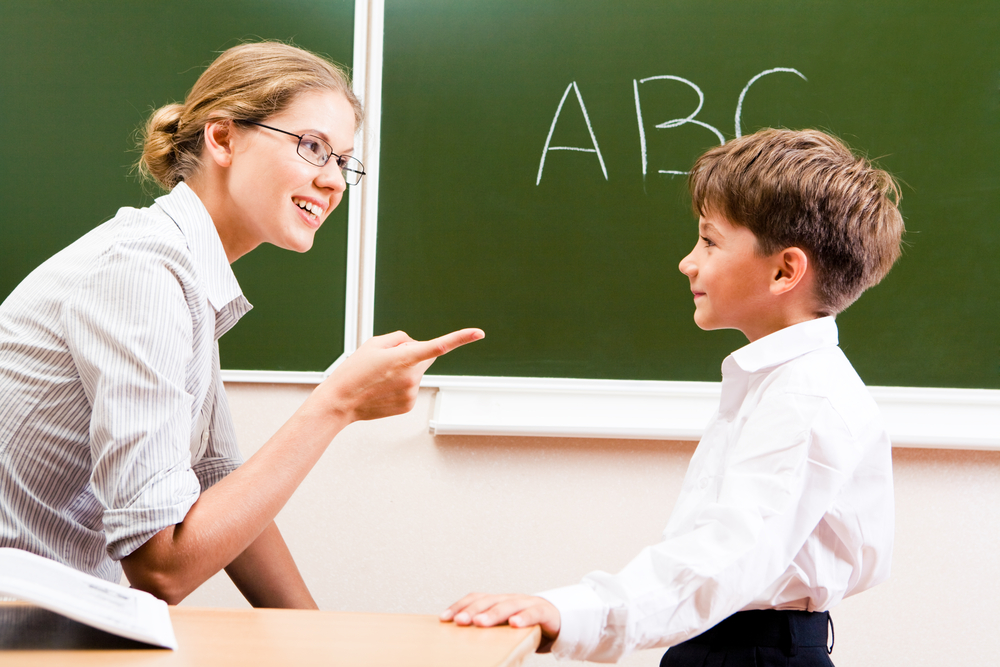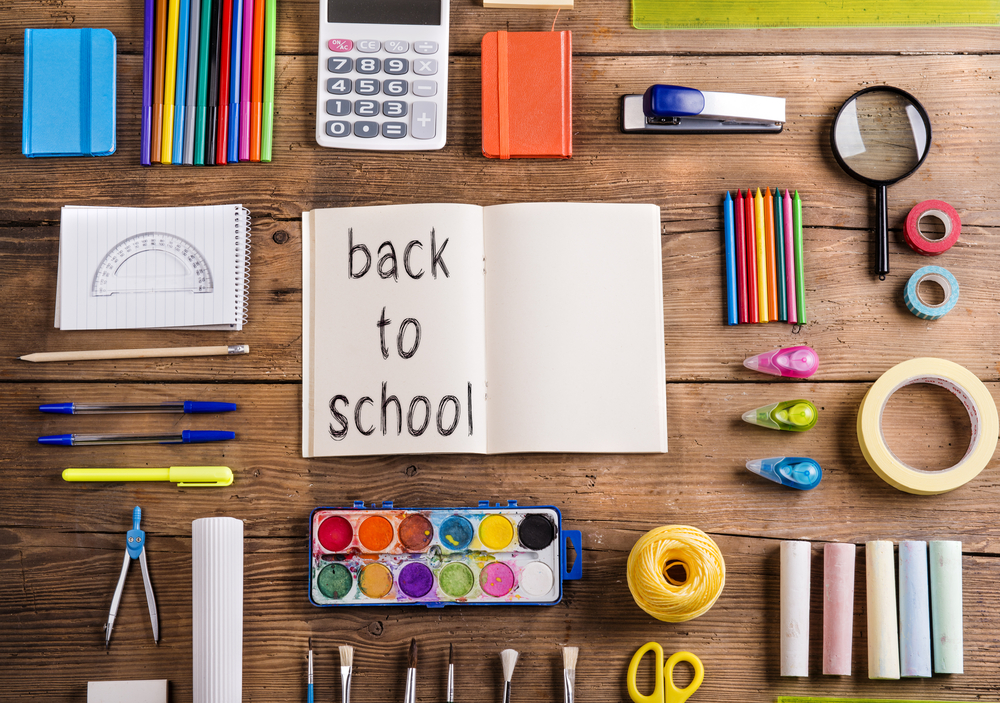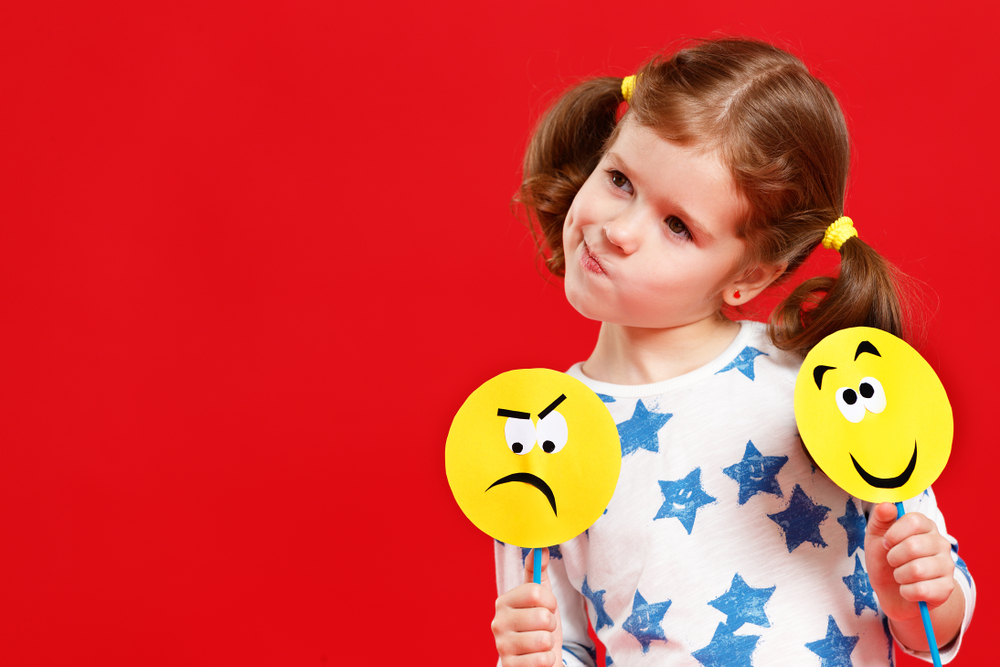Understanding Manners Worksheets for Kids
2 filtered results
-
From - To
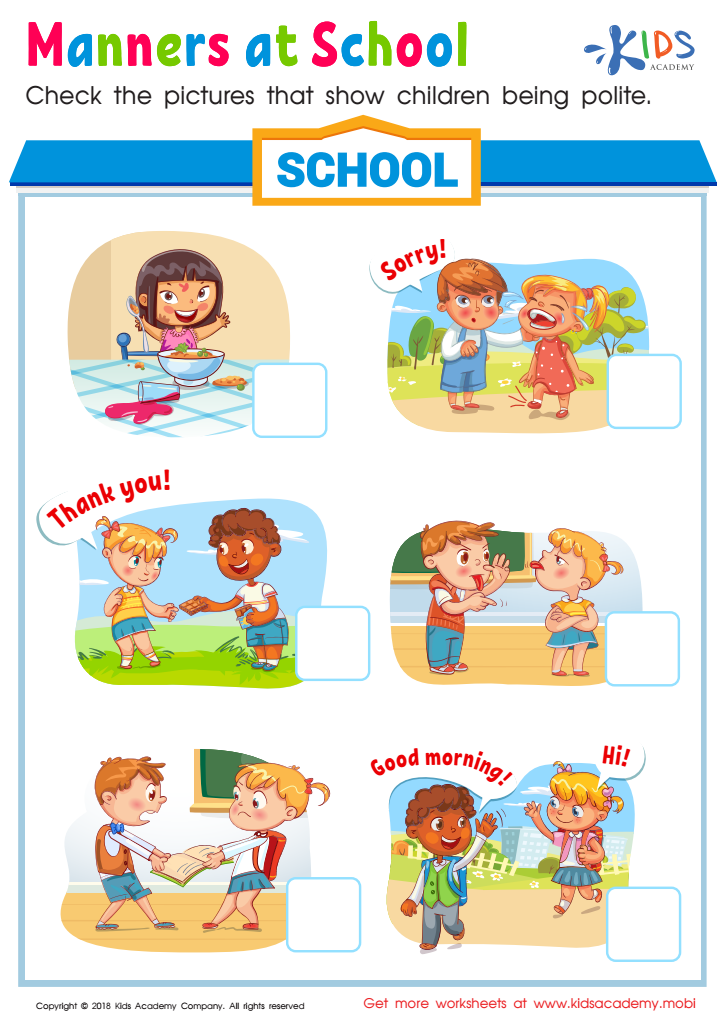

Manners at School Worksheet
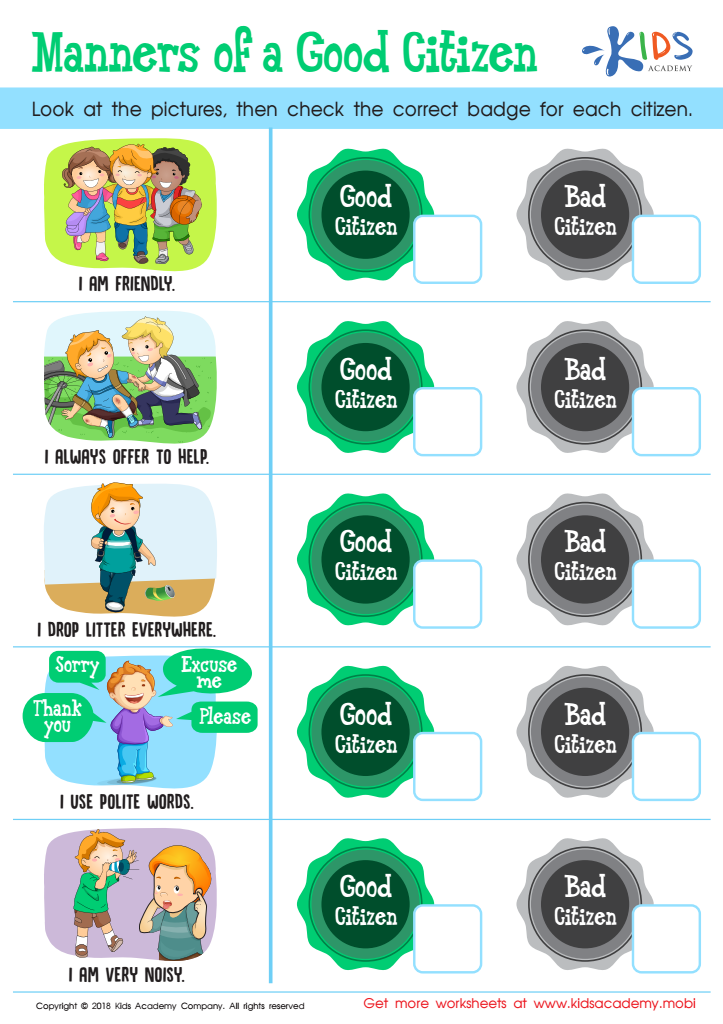

Manners of a Good Citizen Worksheet
Question/Answer
What does the Understanding Manners skill mean when it comes to Kindergarten Community learning?
The Understanding Manners skill in Kindergarten Community learning refers to teaching young children basic social etiquette and polite behavior. It encompasses lessons on saying "please" and "thank you," sharing with peers, taking turns, respecting personal space, and listening attentively. This skill lays the foundation for positive interactions, empathy, and respect within the classroom and community settings.
Why is the Understanding Manners skill important for Kindergarten students?
The Understanding Manners skill is important for Kindergarten students because it fosters social interactions, respect, and empathy towards others. It lays the foundation for positive relationships, effective communication, and a conducive learning environment. Early mastery of manners helps children navigate social settings confidently, contributing to their overall social and emotional development.
How to test a Kindergarten student’s Understanding Manners skills?
To test a Kindergarten student's understanding of manners, observe their interactions with peers and adults, noting their use of polite words like "please," "thank you," and "excuse me." Also, assess their ability to take turns, share, and listen attentively when others speak. Role-playing scenarios and discussing appropriate behaviors can further evaluate their comprehension and application of manners.
 Assign to My Students
Assign to My Students




.jpg)
